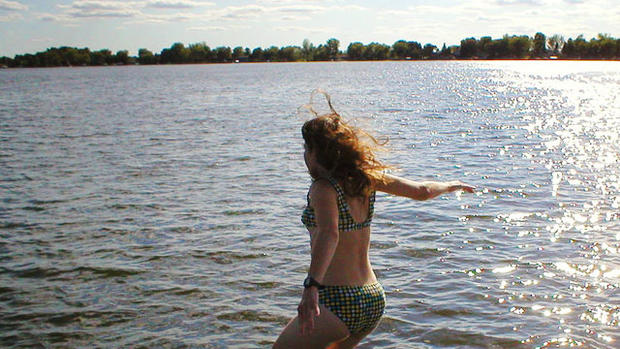South Florida swimmer contracts brain-eating amoeba
A person has been hospitalized after contracting a brain-eating amoeba while swimming in Broward County, Florida, health officials say.
The Florida Department of Health confirmed the infection Tuesday. Officials say the person's infection stems from Naegleria fowleri, a microscopic, single-cell amoeba commonly found in freshwater lakes, ponds and rivers.
The health department hasn't specified where the person came in contact with the amoeba, but did say the person swam in unsanitary water on private property in Broward County.
The gender and age of the person have not been released. It is the third reported case in the U.S. in recent weeks.
Last week, an 11-year-old girl from South Carolina died after contracting Naegleria fowleri. Hannah Collins was exposed to the amoeba while swimming in late July near Martin's Landing on the Edisto River in Charleston County.
Her father, Jeff Collins, said that she enjoyed repeatedly jumping into the waters using a rope swing, CBS News affiliate WCSC reported.
And earlier this summer, an Ohio teen died after contracting the amoeba at the U.S. National Whitewater Center in North Carolina.
The amoeba doesn't cause illness if swallowed, but it can be deadly if it's forced up the nose and works its way into the brain.
According to the CDC, such infections are rare, with only 37 reported in the U.S. from 2006 to 2015. The amoeba is a "heat-loving" organism, growing best at higher temperatures up to 115 degrees Fahrenheit.
The best way to prevent infection is to avoid activities including diving, jumping, or swimming in bodies of fresh water during periods of high water temperature.
Other safety tips from the CDC include:
- Hold your nose shut, use nose clips, or keep your head above water when taking part in water-related activities in bodies of warm freshwater.
- Avoid putting your head under the water in hot springs and other untreated thermal waters.
- Avoid digging in, or stirring up, the sediment while taking part in water-related activities in shallow, warm freshwater areas.
